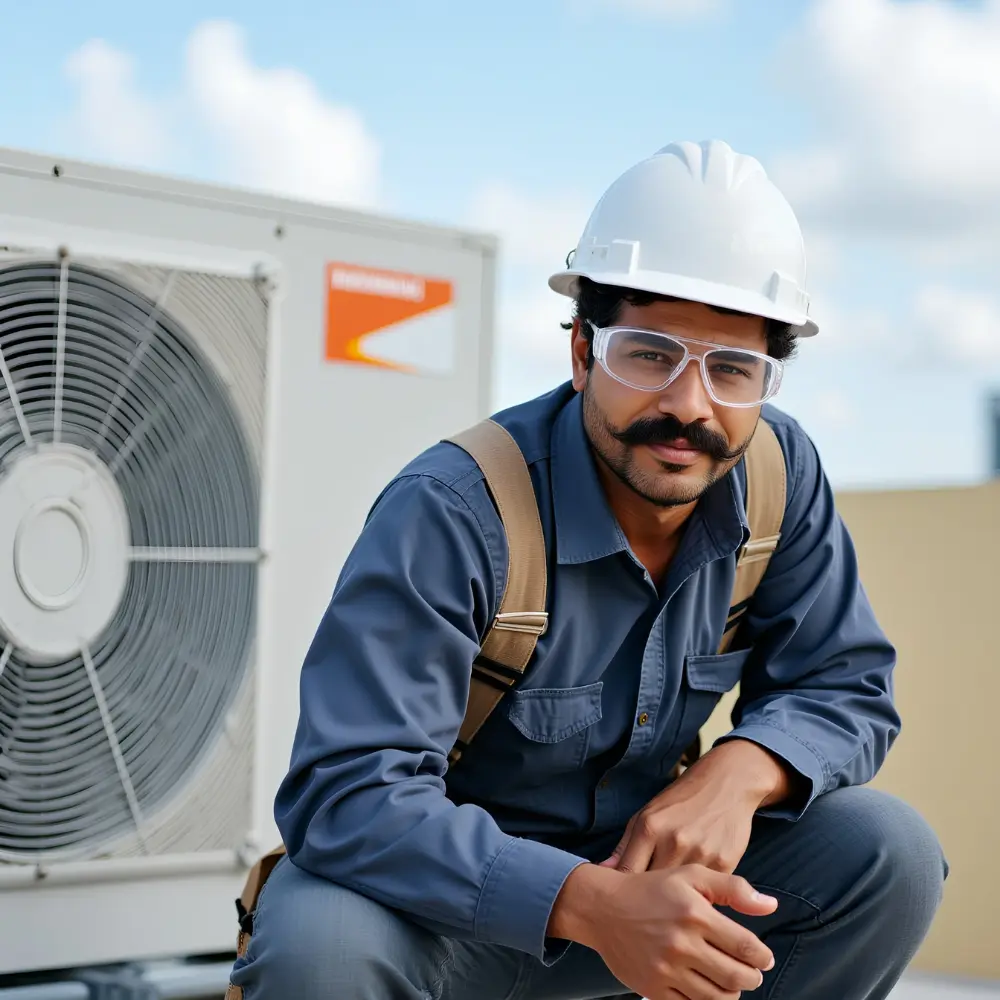What Is a Ground-Source (Geothermal) Heat Pump and Why Is It Revolutionary for Quebec?
A ground-source heat pump, also known as a geothermal heat pump, uses the stable temperature of the earth—typically between 8°C and 12°C at depths of 1.5 to 150 meters—as its primary heat source in winter and heat sink in summer. Unlike air-source systems that rely on fluctuating outdoor air temperatures, geothermal systems transfer heat through buried loops of pipe filled with water or refrigerant. This makes them the most energy-efficient heating and cooling technology available today.
In Quebec, where winters are long and electricity costs can be high, switching to geothermal is not just an upgrade—it’s a transformation. These systems use 25–50% less electricity than conventional HVAC systems and produce zero direct emissions. Combined with federal and provincial rebates, the long-term savings often offset the higher upfront investment within 5–10 years. Plus, geothermal systems improve indoor air quality by reducing reliance on combustion and integrating seamlessly with advanced filtration and humidity control.
Choosing a ground-source heat pump means investing in silent, reliable, planet-friendly comfort that lasts decades. Let Thermopompe Montréal design and install your custom geothermal system—the smartest choice for your home and future.












